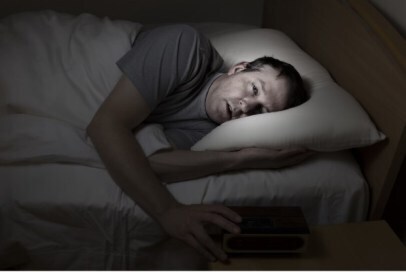[ad_1]
Rent a Daughter, leading providers of senior home care services and home health care services in Ohio, are pleased to share some insights on how to combat senior sleep disorders. Every individual needs at least 7 to 9 hours of sleep every night in order to stay mentally and physically fit. The sleep cycle might vary from person to person depending on their lifestyle, work timings, and their routine. And the sleep patterns will change as people age, especially when they have crossed their 60s. Other factors that might affect the sleep pattern are any changes in the body, people who are still working, and prescription drugs that they might be taking.

All these together or a few of them can lead to sleep disorders or sleep-wake disorders. Due to fragmented sleep or sleep disruption, body function decreases, resulting in reduced ability to be active during the daytime. Sleep disorders can occur in terms of overall sleep quality, sleep stage, amount of sleep, and sleep latency. While a few changes are common and as people age, they might not need a complete 8 or 9 hours of sleep. However, if people are often disturbed by their medical conditions such as arthritis, digestive issues, frequent urination, incontinence, etc., they must consult their doctor.
Studies reveal that 30 percent of seniors have chronic insomnia. Sleep efficiency is also lower at this stage, resulting in improper organ functioning. It is advisable to consult a sleep specialist who would recommend certain lifestyle changes such as exercising more, avoiding caffeine, taking warm milk before sleep, avoiding alcohol, meditating before bed, etc. The specialists also prescribe medications for those suffering from anxiety, but it is often the last option. Certain conditions such as periodic limb movement disorders and restless leg syndrome can be treated with medications.
Sometimes, second-hand sleep problems also occur in a bed partner or a caregiver. Caring for seniors at home can take a toll on…
[ad_2]
Source link

